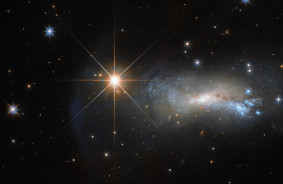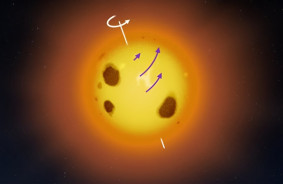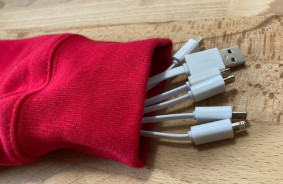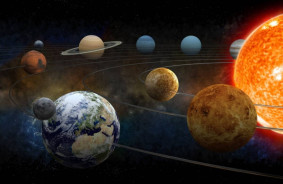Who would have thought that Frank Herbert's science fiction would become NASA's science fact? Distikomb conquers space.
Scientists have developed a new device that will allow astronauts to turn urine into drinking water during spacewalks. This innovation, reminiscent of the distikomb function from the science fiction novel "Dune," can significantly improve the working conditions of astronauts outside the International Space Station. Similar to how the Fremen on the desert planet Arrakis valued every drop of moisture, astronauts will be able to efficiently use their own liquid waste, which is critically important in the limited environment of space.
Until now, astronauts have used disposable diapers, known as "maximum absorbency garments" (MAG), to meet their natural needs during spacewalks. These diapers, developed in the early 1980s, collect and retain urine, but can cause discomfort and even skin irritation during long spacewalks, which sometimes last up to eight hours.
The new system consists of flexible compression underwear made of antimicrobial fabric and a silicone cup with a moisture sensor. When the device detects urine, a vacuum pump turns on, directing the liquid to a filtration device on the astronaut's back.
The filter, approximately 38 by 23 centimeters in size, weighs 8 kilograms. It turns urine into fresh water, which can then be supplied to the drinking pouch of the spacesuit. The system is capable of processing around 500 milliliters of water in five minutes.
Sofia Etlin, lead author of the study from Weill Cornell Medicine, explains: "Rapid removal of urine from the body should reduce some of the health problems that astronauts currently face, such as rashes, urinary tract infections, and digestive disorders. In addition, the larger total water supply generated by our system will help astronauts stay hydrated."
Although the system is still in the early stage of testing, it has already shown effectiveness in removing major components of urine and reducing salt levels to safe levels. However, before implementing the technology, further testing needs to be conducted in conditions close to space, particularly under conditions of microgravity.
This development is particularly relevant given NASA's plans to establish a permanent base on the Moon by the end of the decade. Although the new system is unlikely to appear in space suits anytime soon, it could be an important step in improving the working conditions of astronauts during long space missions.
Source: NASA, Livescience













Comments (0)
There are no comments for now